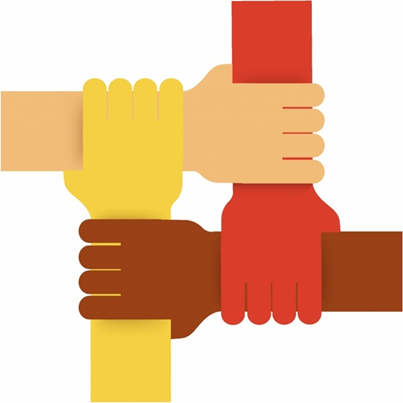
Team Cohesion
Team Cohesion is important for teams who require coordination, rely on communication, have intensive interdependence, work in complex task environments, interact virtually, or when efficiency is valued as a performance outcome.

When staffing a team, individuals’ knowledge, skills, abilities, and other characteristics (KSAOs) should be considered because they affect team level outcomes such as cooperation, shared cognition, information sharing, and team performance.
Ways that KSAO’s affect team level outcomes:
- Interpersonal attraction
- Development of a shared identity
- Team task commitment.
Interpersonal attractions: who people are naturally drawn to: who they are more similar to and who they see more frequently.
Developing a shared identity: relies on moving past the fault lines (characteristics that hypothetically split the group) of others to become a more cohesive team.
Professional fault lines: time frame or work processes and
Personal fault lines: race, gender, values, and priorities. Personality traits contribute to these fault lines such as someone working better with a deadline. Most commonly, people in similar professions have similar personality traits which is why they were drawn to that profession. That is why working with interprofessional collaboration can be such a challenge.
Team Task Commitment: a shared commitment to achieving the team's objectives. KSAO's can create differing team objectives.
How do we Build Cohesive Teams?
Know Yourself: Strengths, weaknesses, limitations, what kind of communicator you are. For successful collaboration you need to know what you contribute.
Change Your Mindset: “Everyone teaches and everyone learns” is a motto Joy Doll uses. She works for the Interprofessional Clinic at Creighton University. Remember to be patient and clear in communicating what is obvious to you to those with different expertise.
Follow 3 Virtues: Humble, Hungry, Smart
- Humble: be ego-less but confident. Don’t deny your talent, but don’t think you are the expert in everything.
- Hungry: good work ethic, but not a workaholic.
- Smart: emotional intelligence. How you use your words and actions to bring out the best possible outcomes.
October 18, 2021